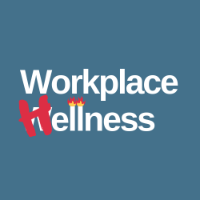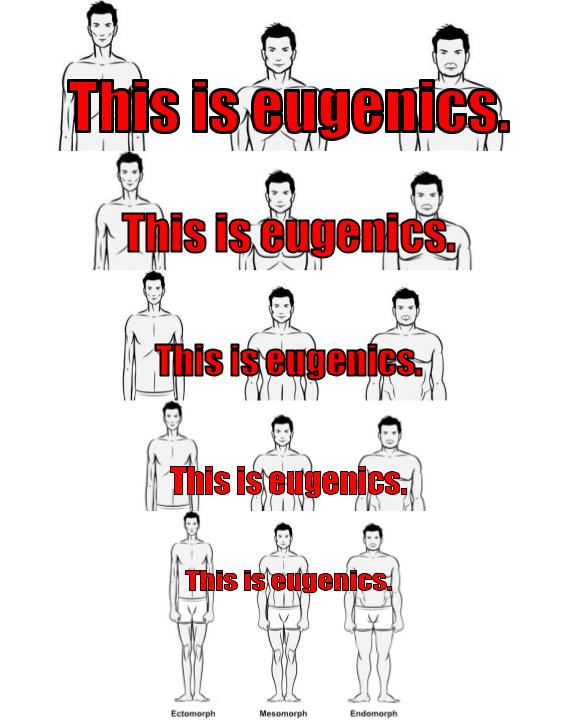About
Workplace Hellness pokes fun at and deconstructs workplace wellness messages using feminist, fat-positive, and anti-capitalist lenses. Posts can range from serious to snarky, and contributors use critical analysis, personal experience, and research in their writing for the site.
We created this blog for people who suffer through workplace wellness programming that involves body shaming, weight shaming, exercise shaming, food shaming—really, just all the shaming. We hope the content gives you a new perspective on workplace wellness initiatives or at least a sense that you’re not alone in disliking workplace wellness. (In case the title of the blog did not convey this clearly: we are not fans of workplace wellness.)
Posts on Workplace Hellness use humor not because the subject isn’t serious or potentially dangerous, but because “laughter in the face of serious categories is indispensable for feminism” (Judith Butler, Gender Trouble, x). In the present day, the categories of healthy/unhealthy, fat/thin, and good food/bad food are taken very seriously and used to discriminate against people. So when we laugh, we’re not doing it because the stakes aren’t high. We’re laughing because tearing down these categories by mocking them is one of the most powerful tools we have.
Posts on Workplace Hellness also always include content warnings and will appear behind cuts. People in the United States carry around a lot of guilt, shame, and fear when it comes to food, exercise, and bodies, and the materials produced for workplace wellness programs can often make these issues worse. Please, reader, take care of yourself first. No blog post on the internet is more important than your mental, emotional, and physical wellbeing.
Statement of Principles
At Workplace Hellness, we strive to live up to these principles in every post on the site. If we fall short of these principles, we welcome your feedback and will do better in the future.
Workplace Hellness is a feminist blog. Discrimination happens in the workplace, and so this blog will approach critiques of workplace wellness programs using a feminist lens. For us, this means taking issues of gender, gender identity, sexuality, race, class, and disability into account in our writing, analysis, and activism.
Workplace Hellness is a fat positive blog. Body positivity doesn’t go far enough, in part because body positivity has been coopted by the diet industry. The posts on this blog will critique workplace wellness messages from a fat-positive perspective and decouple weight from health. Comments or materials that insult fat people or that promote weight loss have no place on this blog.
Workplace Hellness is shaped by its context. Workplace wellness programs don’t happen in the vacuum, and neither does this blog. Workplace Hellness is written in the United States, which is a capitalist, settler-colonial nation, and this underlying context—along with legislation like the Affordable Care Act and cultural movements like mindfulness and wellness—shapes the programs that people encounter in their working lives. These contexts also shape us as contributors. While we use analytical lenses to write about workplace wellness initiatives, these lenses are products of our cultures, educations, and identities.
Workplace Hellness follows the Underpants Rule. You are the boss of your body and yourself, and we are the bosses of our bodies and ourselves. Also, what works for one person won’t work for another. So we won’t tell you what to do when it comes to your weight, exercise, eating, or health, and we expect you to extend the same courtesy to us and your fellow readers.
Commenting Policy
Comments on the blog must follow the Workplace Hellness Statement of Principles. Comments that advocate for weight loss, exercise routines, or diets, or comments that violate the Underpants Rule will be deleted. Personal attacks, general nastiness, and trolling will also get comments deleted. Commenters will be banned for repeated violations. No space is a truly safe space, but we want Workplace Hellness to be as friendly and safe as possible.
Contributors
Erika Strandjord
Erika got her PhD in English, focusing in rhetoric, composition, and literacy studies, in 2013; however, her parents first taught her to critique arguments when a poster saying “To all the problems in your life, you are the only solution” was posted at her school. Their early lessons in analysis and laughing at the absurd excesses of institutional rhetoric stuck. When she’s not writing about the horrors of workplace wellness programs, Erika teaches college-level writing, bakes, and starts more knitting projects than she finishes.





